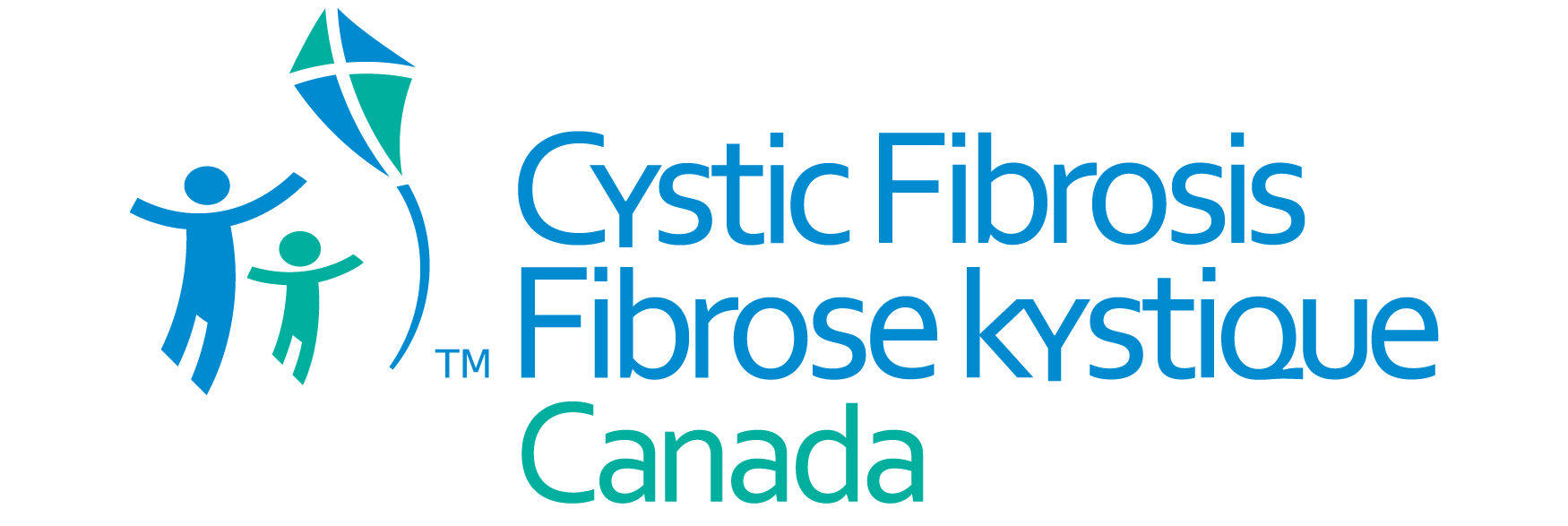Nutrition and CFTR modulators
Share this:
This information is for people living with cystic fibrosis (CF) and includes information about nutrition while on highly effective cystic fibrosis transmembrane conductance regulator (CFTR) modulators, for example, Trikafta.
What changes could I see when I am on a CFTR modulator?
Many people have seen changes such as:
• Easier to smell and taste food
• Better appetite
• Easier to gain weight
• Less belly aches
• Less heartburn or reflux
• Less smelly or greasy poops (better digestion and absorption of food)
How can I prevent constipation?
Many people get constipated when they first start on a CFTR modulator. This happens because the medication helps the thick sticky mucus move through and out of your gut. It usually goes away after the first few days of treatment and can often be prevented.
Tips to prevent constipation:
• Drink more fluids (water, milk, juice, electrolyte drinks)
• Use a stool softener such as PEG 3350 (Restoralax/ Lax-a-Day or another medication) as instructed by your CF team for a few days before starting on your CFTR modulator
• Increase your activity (walk around more) to help move the stool and mucus • Increase fibre intake (eg. Fresh fruits (eg kiwi, berries), vegetables (eg carrots, peas, zucchini), whole grain breads and cereals, and lentils, beans, chick peas)
Will I need to keep taking my enzymes and vitamins?
Yes. Do not change any of your CF treatments, medications or vitamins without talking to your CF team first. Your blood can be checked to see if your vitamin doses can be changed. A reduction in frequency of vitamin therapy may be recommended. Check with your dietitian. Your stool (poop) can be checked to see if your enzyme dose can be changed.
Will there be a change in my need to check blood sugars?
If you are checking your blood sugars, continue to do so, and discuss with your team about your blood sugar levels and your insulin dose, as they will best guide you on any changes needed.
What if I think I am gaining weight too fast?
Everyone feels differently about their body changing. It is important to talk to your CF dietitian to discuss healthy eating options that are right for you. If you are at or above your healthy weight, your CF dietitian may suggest the following diet changes:
Choose more often
- Fruits and vegetables
- Lean meats and lean protein foods
- Smaller portions, fewer snacks
- Lower fat dairy products (0% or 1% M.F.)
- Water as your drink of choice
- Sugar-free electrolyte drinks for sports
Choose less often
- Nutritional supplements (eg. Boost, Ensure, Pediasure)
- Oils, butter, cream, spreads, and dips
- High calorie snacks (chips, ice cream, cheese, nut butters)
- Desserts and snack foods (particularly processed foods high in sugar and saturated fat)
- “Fast food” or “convenience foods”
- Sugary drinks (pop, juice, sugar-sweetened electrolyte drinks)
What foods can I take my CFTR modulator with?
You need at least 5 grams of fat (some people need closer to 10g) to absorb these medications.
Some meal/snack suggestions (with approximate fat grams) include:
• 1/4 avocado = 7.5g fat
• 1 tbsp peanut butter (8g fat) with a banana = 8g fat
• 1 slice toast (1g fat) with 1 tbsp butter (8g fat) = total 9g fat
• 1 egg (5g fat) scrambled/ fried in 1 tsp butter (4g fat) = total 9g fat
• 1 waffle (5g fat) with 1 tsp butter (5g fat) and syrup = total 10g fat
• ½ cup Homo milk (4g fat) or 1 cup 2% milk (2.5g fat) with granola bar (3g fat) = total 5.5-7g fat
• Cliff bar (6g fat)
• 1 pkg oatmeal (1.5g fat) with 1 tbsp chopped nuts (4.5g fat) and ¼ cup 2%milk (1g fat) = total 6.9g fat
• 1 cup cereal (1.5g fat) with ½ cup Homo milk (4g fat) = total 5.5g fat
• 1 bagel (1.5g fat) with 1 tbsp cream cheese (5g fat) = total 6.5g fat
• 1 large muffin= 15-20g fat • ¼ cup shredded cheese (9g fat) on 8 tortilla chips (5g fat) with salsa = total 14g fat
• 1 mini guacamole (1/4 cup) (7g fat) with veggies = 7g fat
• 1 mini hummus (1/4 cup) (6g fat) with 6 Triscuit crackers (4g fat) or 8 tortilla chips (5g fat) = 10-11g fat
• 1 cheese string = 5g fat
• ¾ cup 5% yogurt (such as Liberte greek) = 8g fat
• 5 walnut halves or 6 cashews or 8 almonds or 10 peanuts = 5g fat
• 1 nutritional supplement (Pediasure/Boost/Ensure) = 10g fat
• 1 cheese slice (4g fat) and 5 Ritz crackers (4.5g fat) = total 8.5g fat
• 1 cheese string (5g fat) and 1 individual package goldfish crackers (5g fat) = total 10g fat
• 1 mini chocolate bar = 5g fat
Please do not hesitate to reach out to your clinic team members if you have concerns and need more support around your weight or have body image concerns.
